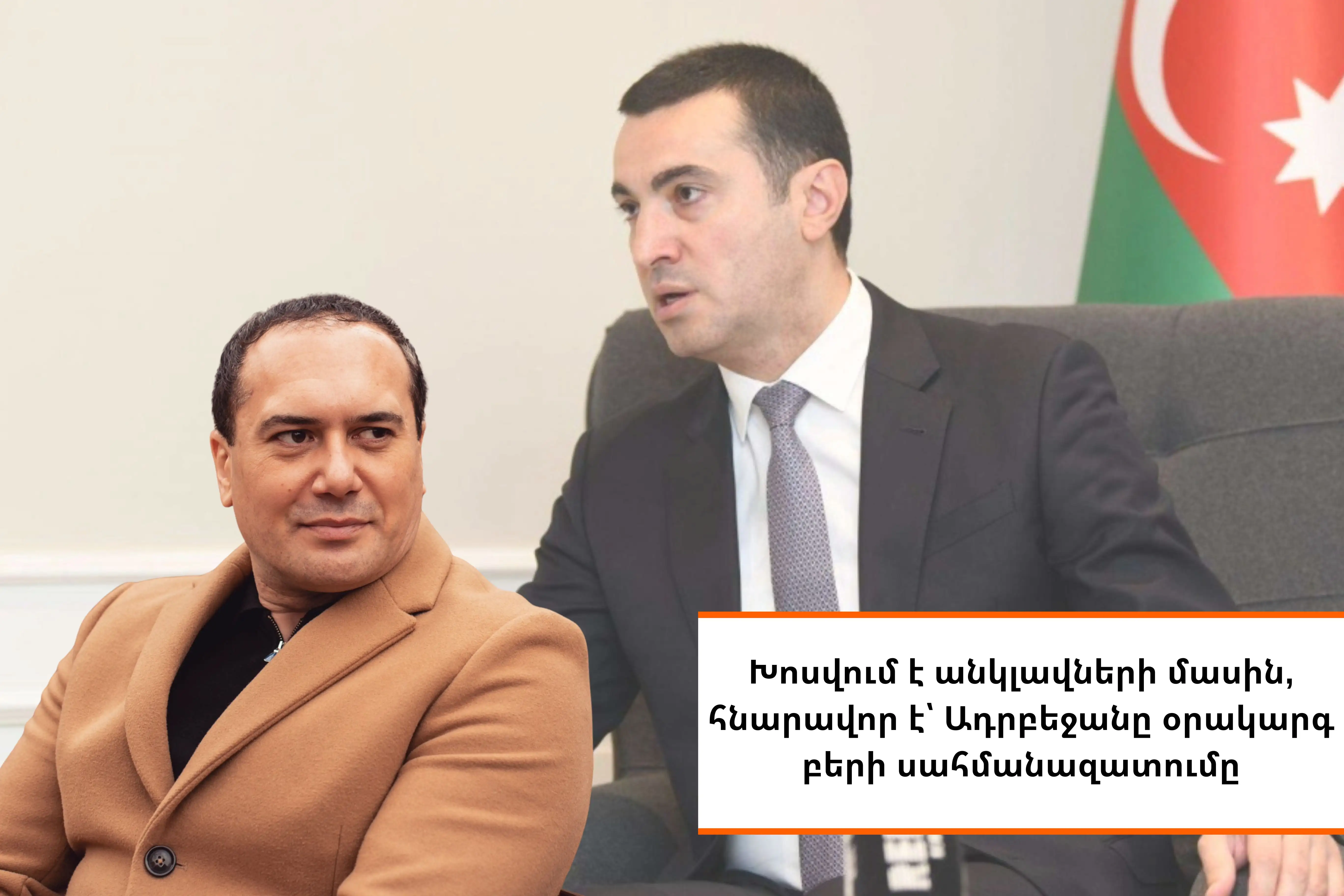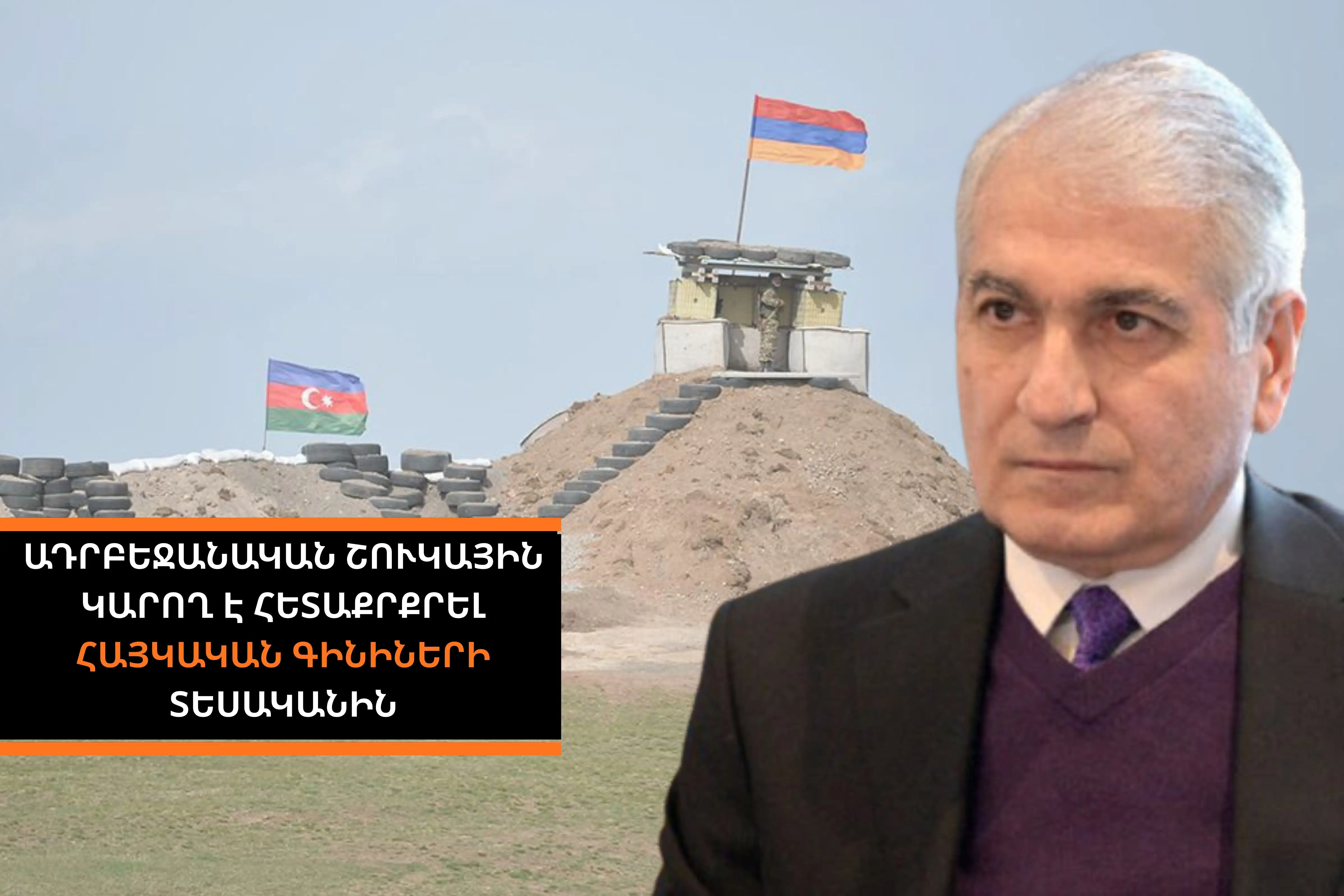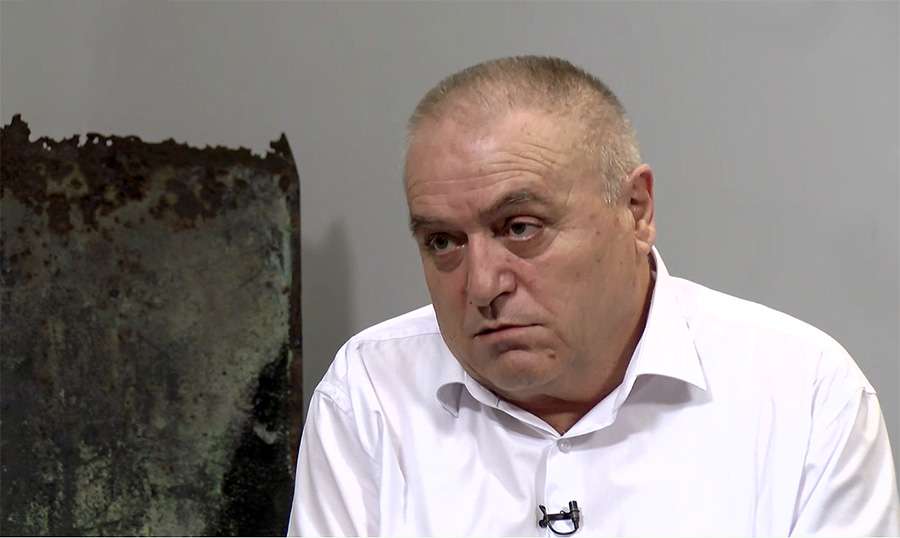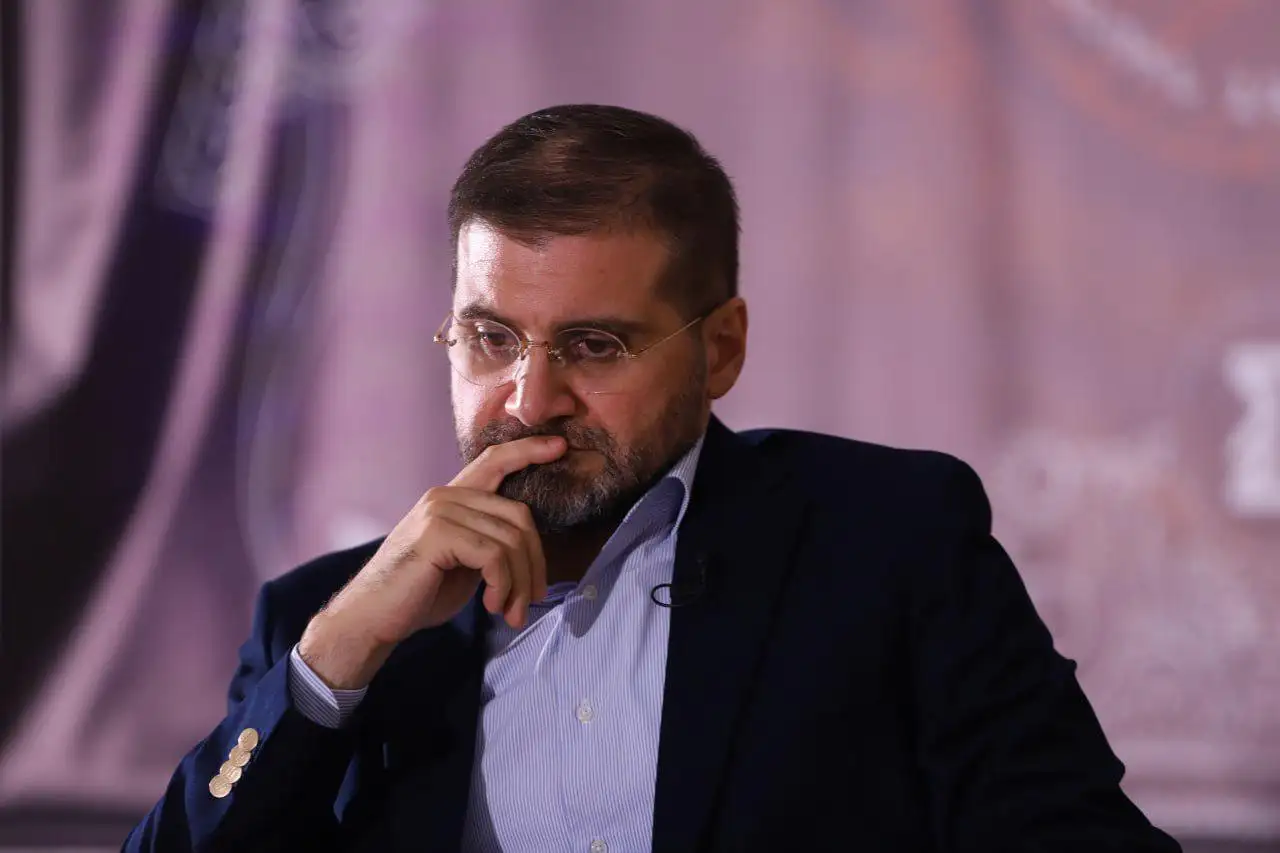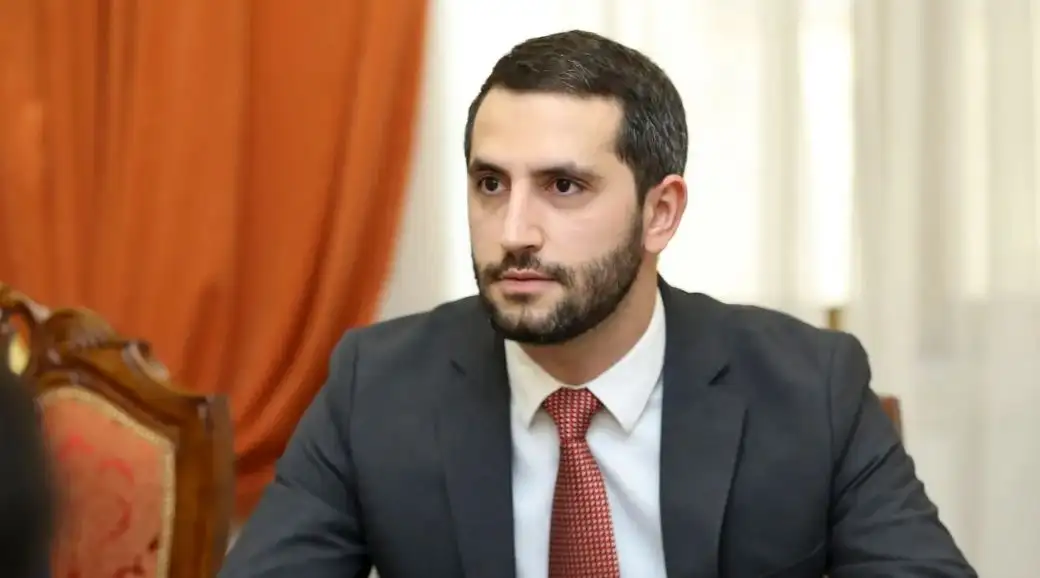The spokesman for the Azerbaijani Foreign Ministry, Aykhan Hajizade, stated that the return of the four Azerbaijani enclaves is a matter of constant attention and should be resolved within the framework of the demarcation commissions.
Radar Armenia spoke to orientalist Armen Petrosyan on the topic.
-How would you comment on Aykhan Hajizade’s statement?
-Hajizade’s statement on the enclaves allows us to predict that in the near future, the process of demarcation and delimitation between Armenia and Azerbaijan may become more active, and this may include the border sections that contain the enclaves. These are the Tavush and Ararat regions. Of course, he predicts that, due to the implementation of the “TRIPP” project, the demarcation should have been carried out in the Syunik and Ararat regions with a much greater probability, and that border crossings should be opened. But we see that he is talking about enclaves again. It is not excluded that, in the near future, the Azerbaijani side will again bring the demarcation of these sectors to the agenda. As the Armenian side has repeatedly noted, Yerevan also has expectations: the return of Artsvashen and the territories occupied by Azerbaijan in 2021-23.
-Is Azerbaijan ready to respect the security and sovereignty of the Armenian enclaves, or is this simply a lever for negotiations?
-Armenia has one enclave on the territory of Azerbaijan, which, as I have already mentioned, is Artsakh, and also the territories occupied by Azerbaijan. Armenia's demand and expectation should be the return of these occupied territories during the demarcation process. There is an alternative way to resolve the enclaves that has been discussed several times and involves an exchange of territories. In other words, Artsvashen remains within Azerbaijan, and the regions presented as enclaves within Armenia remain there. It is a process that involves mutual agreements. The parties have discussed this before, but I cannot yet say how it will proceed, as the negotiations are still ongoing.
-He also noted that the “Zangezur Corridor” is not a step against Armenia’s sovereignty. How should we assess Baku’s statements: are they clear political pressure or a diplomatic strategy?
-The Azerbaijani side, after the agreements on the “TRIPP” project, when talking about the “Zangezur Corridor”, at least at the level of high-ranking authorities, perceives it as if the “Zangezur Corridor” starts from Baku and continues to Kars, and “TRIPP” is part of that project. In other words, their rhetoric after August 8 assumes this logic. But I can say that they are continuously promoting the formulation of “corridor” as the name of that project, and I do not think they will agree to abandon it, since they have spent enormous financial, diplomatic, and political resources promoting the de-blockade process under that name. Although these statements are often provocative, there is a perception among Azerbaijan's top leadership that the “Zangezur Corridor” refers only to the infrastructure to be built on the territory of Azerbaijan and Turkey, while the road on the territory of Armenia is called “TRIPP”.
Lilit Abrahamyan




